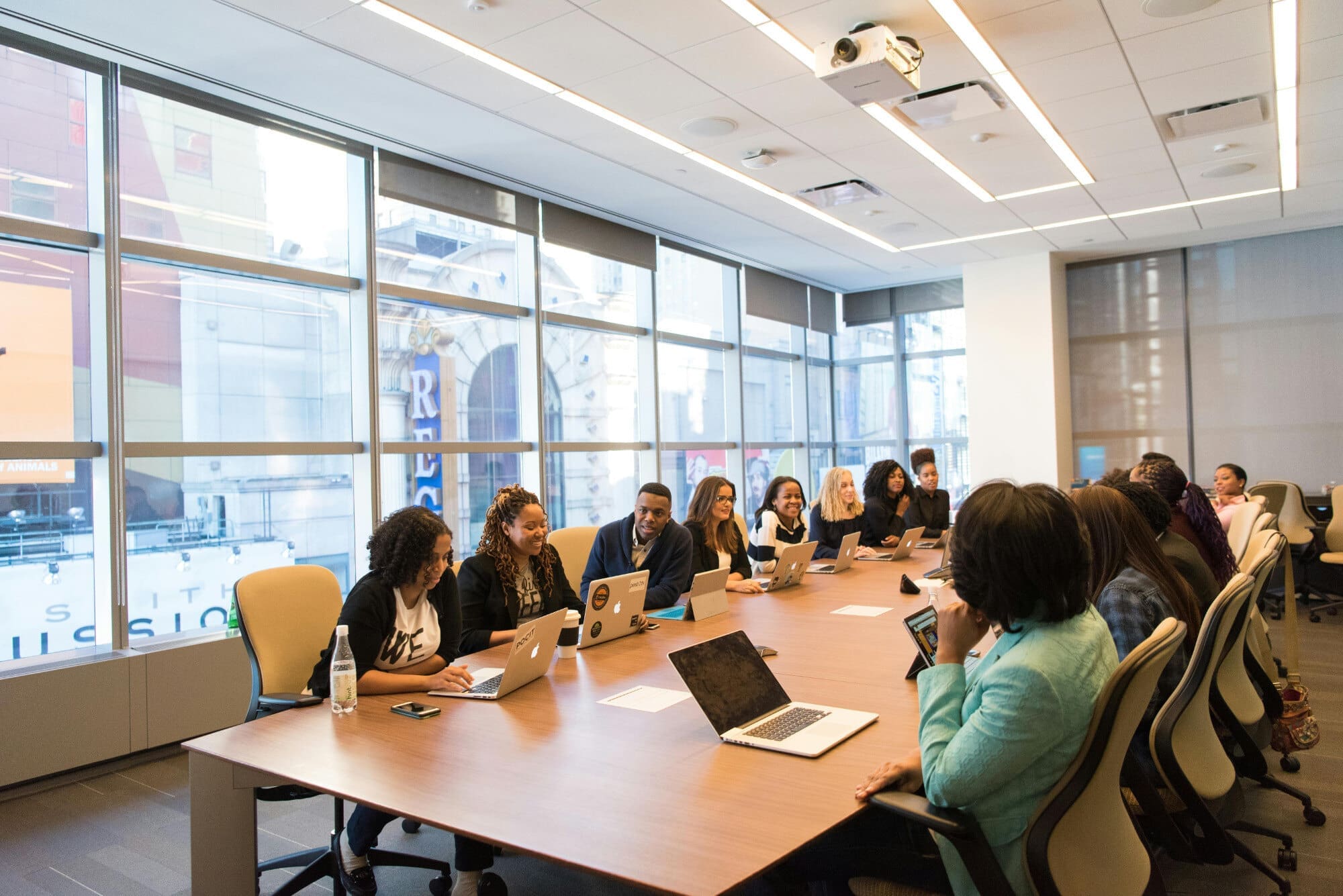About the author
Sustainability reporting
Sustainability reporting is here to stay, and it is no longer simply a ‘nice to have’ for companies. It has become an important business imperative and a license to operate.
Until recently though, sustainability reporting was entirely voluntary. It was seen as a positive practice, for companies that wished to be transparent about their environmental and social impacts. And also be accountable by taking measures to mitigate these impacts and contribute positively.
Then, in 2023, the Corporate Sustainability Reporting Directive (CSRD) came into force, requiring all EU companies, and non-EU companies with at least one subsidiary or branch operating in the EU, to report on their performance regarding ESG and associated impacts to stakeholders.
But the CSRD should not be viewed as just another regulatory burden for companies. Rather, companies should view it as an opportunity to create sustainable long-term value, and be transparent and accountable in communicating these efforts.
The term ‘Rational Sustainability’ was introduced by Alex Edmans in his paper ‘Rational Sustainability’ and he puts it perfectly – “companies should analyze what their responsibilities should and should not be, and focus on delivering long-term value, considering what is material or essential for their business success, regardless of whether it falls under the ESG label”.
Or in other words, be authentic and report only the information that is material for their business and future growth, instead of ticking ESG boxes.

The Importance of sustainability communication
The writing of the report itself is just one step in the wider process. In this article, we will explore how to effectively communicate the progress and results that come after you publish your sustainability report, as well as the benefits of implementing an effective communication strategy.
Why communication is key
Honest communication is the backbone of an effective sustainability strategy and reporting because it fosters transparency, responsibility, and authenticity in a company’s commitments and actions.
Without clear, genuine communication, it can be difficult for stakeholders to differentiate between real sustainability commitments and greenwashing practices or commitments without respective actions. By embracing the following three pillars of effective communication, you can ensure that you present your sustainability efforts to the world in the right way.
- Be transparent: Readers of sustainability reports are often either conscious citizens, investors, current or potential employees, or other important stakeholders. They want to know about the challenges your company faces, the improvements that need to be made, and often most importantly, the failures. Being open and transparent about all these aspects of your sustainability journey fosters credibility, and creates authentic relationships with these groups.
- Be accurate: Reporting only on the topics that are material for your business, and providing accurate and comprehensive information is essential in order to avoid greenwashing, and to build credibility with your audience.
- Be consistent: Being consistent in your communication is essential in order to engage key stakeholders in the process, and keep them informed about your company’s sustainability efforts.
The role of internal and external communication
To be authentic, transparent, and consistent in your communication of sustainability reporting, the starting point should be engaging your employees or internal stakeholders in the process.
This is crucial because sustainability is such a complex issue. Solving it requires the involvement of different departments, people from trans-disciplinary teams, and diverse skill sets.
Internal communication also plays an essential role in fostering value creation among employees by enhancing collaboration, alignment, and engagement within the organization. This can be a powerful driver for achieving sustainability goals.
Of course, external communication is equally important, as it is linked to positive corporate image and stakeholder engagement.
Knowing how to communicate sustainability reports to external stakeholders effectively is crucial, so that they can better understand the business model of the company, its corporate values, and sustainable committments.
Managing these relationships efficiently — with both internal and external stakeholders — is the cornerstone of an effective sustainability communication strategy.

The art of effective communication in sustainability
Effective messaging in sustainability is about crafting a narrative that emotionally resonates with your audience, while remaining grounded in facts. It’s about sharing a story that extends beyond the environmental or social advantages of products, by adding a personal touch.
The channel through which this message is conveyed is obviously very important, as well as the particular target group. As different stakeholder groups might be interested in different information.
That is why effective sustainability messaging must be proactive. Companies should engage in a two-way dialogue with their audience on social media or other communication channels, anticipate their possible questions and concerns, and address them in a timely manner.
What are the best ways to communicate your sustainability efforts?
The sustainability report
The sustainability report is surely one way to do it, and with the introduction of the CSRD, companies will soon be required to report following specific standards and guidelines.
The sustainability report is an effective way for companies to represent the information and the progress they have made each year in their sustainability efforts. Along with important data and key performance indicators (KPIs) that should be managed and monitored. As key stakeholders such as investors, current or potential employees, sustainability professionals and the general public are likely to read sustainability reports, their content is essential for a company to be seen as credible and authentic.
Stakeholder events or partners events
Another way to communicate your sustainability progress is through stakeholder events or partner events. In these more informal settings, companies can present their sustainability report to all the interested stakeholders, partners and colleagues, and have dedicated speeches from certain employees involved in the process.
This method is preferred by some companies as it creates a more friendly environment where a direct interaction is possible. Immediate feedback from stakeholders is encouraged, which makes room for networking and further conversations on the topic.
Kitchen talks
A third way to present your sustainability efforts to your internal audience is through ‘kitchen talks’, or any other internal event where employees can come and listen and ask questions.
Kitchen talks are about being straightforward, open and honest with your employees, and demonstrating how important it is for the leadership team to engage employees. Not only in the data collection process or the actual writing of the report, but also in the success stories and in celebrating the final result.
This allows for employees to fully understand what goes into a sustainability report, what teams and departments are involved in the process, and what data and information is being collected on an annual basis. Thus making this internal organizational process smoother and better understood.

Conclusion
In conclusion, sustainability reporting will undoubtedly evolve further in the coming years, and companies will come to view it as more than just a compliance exercise.
Effective sustainability reporting offers companies a unique opportunity to build long-term value by being transparent, accurate, and consistent in their communication.
By crafting narratives that resonate emotionally and remain grounded in facts, companies can differentiate genuine sustainability efforts from greenwashing, ultimately enhancing their corporate image and stakeholder relationships.
The future of business is inextricably linked to sustainability, and effective communication is key to navigating this complex landscape.



